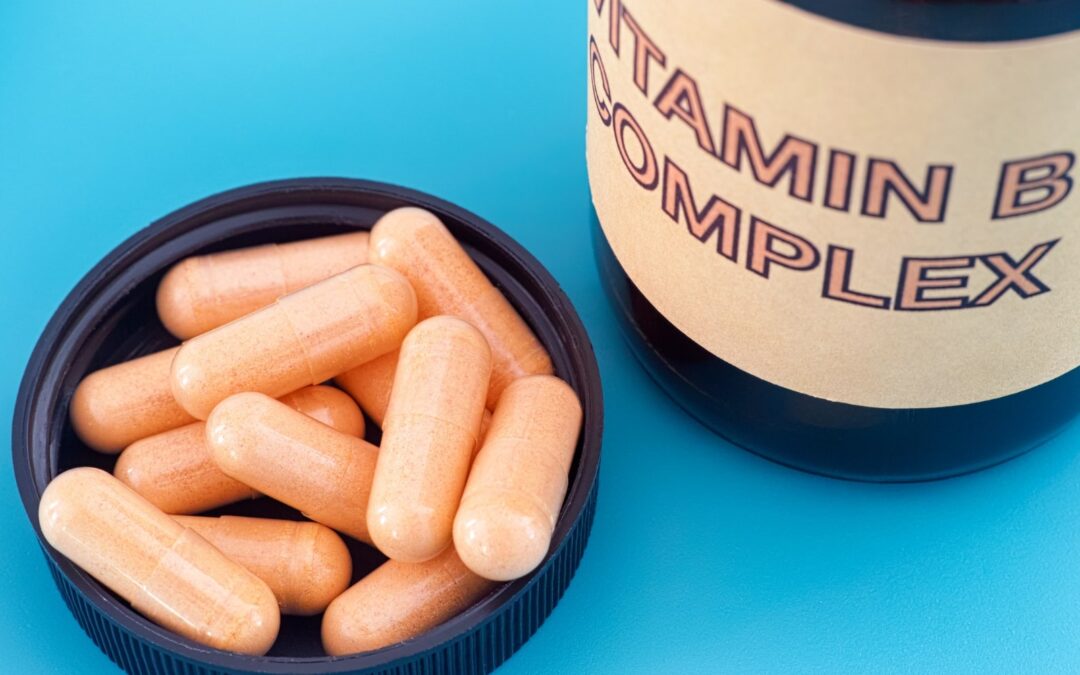B complex vitamins are a misunderstood group of vitamins. Since B vitamins include several types of vitamins, an understanding of them becomes complicated. Below is a lost of the B vitamins that are encompassed in the vitamin B complex group: Thiamin (also known as B1), Riboflavin ( also known as B2), Niacin (also known as B3), Pantothenic acid (also known as B5), Pyridoxine (also known as B6), Biotin (also known as B7), Folic acid (also known as B9), Cobalamin (also known as B12).
Additionally, there are four substances (choline, PABA, inositol, and lipoic acid) in the B complex vitamins that are not considered vitamins. Therefore, if you purchase B vitamins, these substances will not be included. B5 and B7 may also be left out if you purchase B vitamins, but these vitamins are available in many foods.
Because an understanding of B vitamins has evolved over time, the numbers are not sequential. First, there was thought to be a single B vitamin, but researchers later recognized that this seemingly single vitamin had more components to it. These components were numbered, but some (for example, B4) did not meet the requirements to be considered a vitamin. Those numbers were then dropped. There are now 8 B vitamins.
All B vitamins are defined as water soluble, which means that any extra vitamin B is not stored by the body, but excreted in urine. Because of this, it is necessary that vitamin B is consistently replenished through the diet. You can find B vitamins in whole, unprocessed foods such as vegetables, meats, and grains. B vitamins tend to deplete the more food is processed. You can also take a daily vitamin to make sure you are getting the vitamin B your body needs. Vitamin B is often found in energy drinks because B vitamins is said to boost energy. These drinks claim to raise energy levels naturally with vitamin B instead of with caffeine or sugar.
The health benefits and components of B complex vitamins are complex. Be sure to achieve your daily intake of vitamin B for the best overall health benefits.

